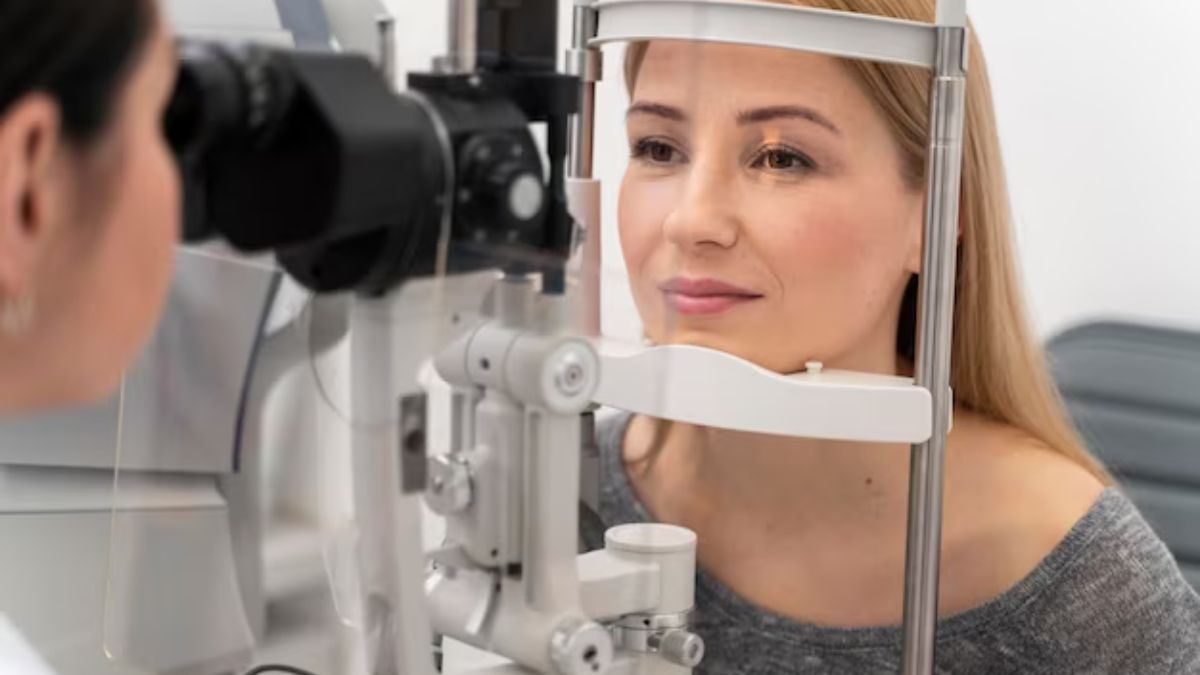Seeing an eye specialist is essential for good eye health. These professionals can help you with healthy lifestyle habits to ensure your eyes stay healthy and are disease-free.
Experiencing blurriness or vision changes is one of the best indicators that it’s time to consult an eye doctor. Blurry vision can worsen over time, so seeking treatment sooner rather than later is essential.
Blurry or Unclear Vision
Blurry vision is a common eye problem, especially in those with refractive errors such as myopia (short-sightedness), hyperopia (long-sightedness), and astigmatism. It can also be an indicator of age-related issues like presbyopia and cataracts, as well as conditions such as glaucoma and diabetic retinopathy.
Sudden blurry vision shouldn’t be ignored, as it can be a sign of a serious health condition, such as a stroke or a retinal detachment. It can also be a side effect of some medications, particularly those used for treating migraines or other neurological conditions.
When you visit an eye doctor near me with blurry vision, they’ll start by asking you questions about your symptoms and physically examining your eyes. They’ll also do various eye tests and blood work if they suspect an underlying condition. These tests can help them determine the cause of your blurry vision and find a treatment that suits you.
Changes in Vision
If you notice any changes in your vision, it is important to consult an eye doctor immediately. Changes can include blurred or unclear vision, seeing floaters or flashes, double vision, and more. These symptoms could be warning signs of serious health issues, such as retinal detachment or systemic brain problems.
If the changes are accompanied by pain, it is also essential to seek medical attention immediately. Depending on the severity of the injury, you may need to be hospitalized for treatment. This is especially true if the changes are sudden or in one eye.
During your appointment, the eye doctor will ask about your medical history and any medications you are taking that could affect your eyesight. The consultation will also include a physical examination of your eyes and the surrounding area. Your doctor will take notes about any ocular changes and provide you with recommendations to improve your vision.
Family History of Eye Issues
Many eye conditions are hereditary, so it’s essential to schedule regular appointments with your ophthalmologist if there is a family history of them. This can allow you to avoid eye problems and catch them before they become serious. In addition, visiting an ophthalmologist can be life-changing if you have a chronic illness that has affected your eyesight, such as Crohn’s disease. A trained ophthalmologist can advise you on what you need to do to improve your condition and help alleviate your symptoms.
When you are over 40, it’s a good idea to start scheduling regular visits with your optometrist. This will ensure that you have your eyes checked for signs of glaucoma, diabetes, and other health conditions and identify any changes in your vision. It will also enable you to keep track of your prescription to continue to enjoy clear vision.
